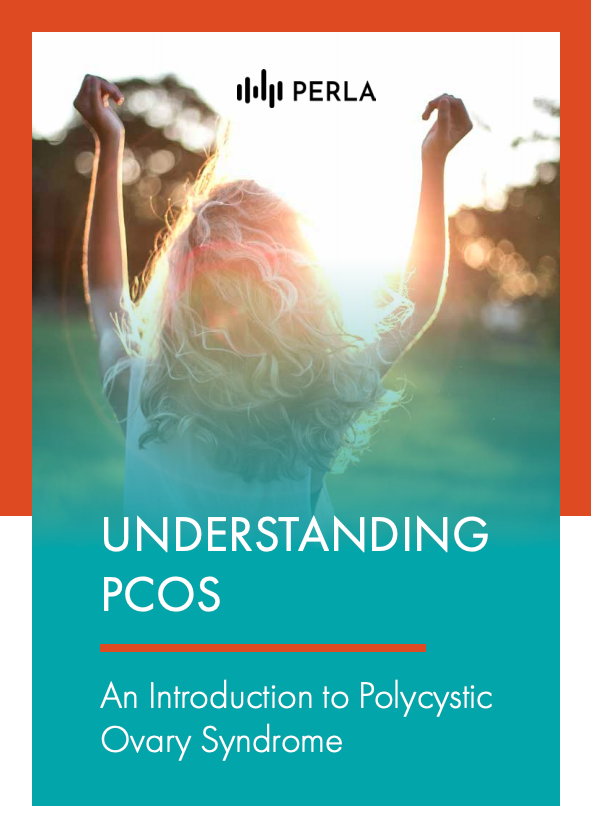Ovulation occurs when an egg cell is released from the ovary. This is a crucial phase of the menstrual cycle, and occurs around day 14 of a 28-day menstrual cycle. Around day 6 of your menstrual cycle, the follicle-stimulating hormone (FSH) produced by your pituitary gland stimulates a number of ovarian follicles to grow. During day 10 to 14 of your menstrual cycle, one of these follicles becomes the dominant follicle, and forms a mature egg. Around day 14, the LH surge occurs, causing the ovary to release the egg into the fallopian tube, where it starts traveling down to the uterus. The egg that was released during ovulation is only able to be fertilized for 12 to 24 hours after. For pregnancy to happen, a sperm must be able to find and fertilize the egg during this time window. In case there is no sperm around, the egg will be shed together with the uterine lining during menstruation.
Sources:
- Mayo Clinic. Getting Pregnant. https://www.mayoclinic.org/healthy-lifestyle/getting-pregnant/in-depth/how-to-get-pregnant/art-20047611 (accessed 8. August 2020)
- Cleveland Clinic. Pregnancy: Ovulation, Conception & Getting Pregnant. https://my.clevelandclinic.org/health/articles/11585-pregnancy-ovulation-conception–getting-pregnant (accessed 8. August 2020)
- NHS UK. Trying to get pregnant. https://www.nhs.uk/conditions/pregnancy-and-baby/getting-pregnant/ (accessed 8. August 2020)

